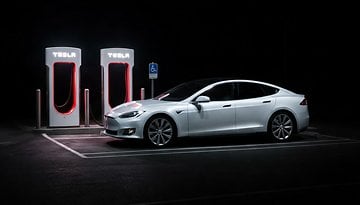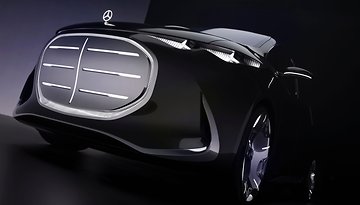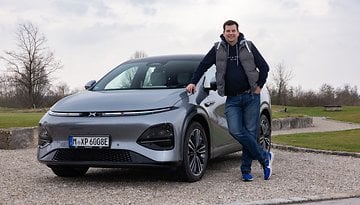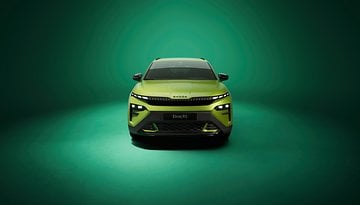Vroom Vroom! EU forces electric cars to emit noise from next month
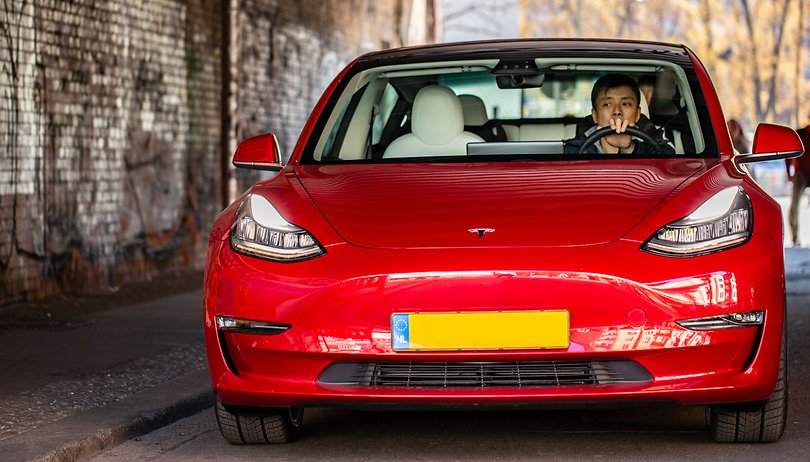

One of the unforeseen problems encountered during our transition to electric vehicles is the way humans have taught themselves to cross the road safely. Because EVs are so quiet, pedestrians can't hear them coming. From next month, all electric vehicles in the European Union will have to emit a noise when driving slowly.
Starting in July, if you want to have your electric car approved for road use in the European Union, it will have to be fitted with what they are calling an Acoustic Vehicle Alert System, or AVAS for short. The AVAS will kick in when your speed drops to 20km/h (12 mph) or lower, making a continuous noise of at least 56 decibels. The idea is that pedestrians, well trained to listen out for the sound of combustion engine cars, will apply to same road safety behaviors to oncoming all-electric vehicles too.
The law, which is snappily titled 'Uniform Provisions Concerning the Approval of Quiet Road Transport Vehicles with Regard to their Reduced Audibility,' comes into force on July 1, 2019. Interestingly, only vehicles with four wheels or more are subject to the new legislation, so e-scooters and electric motorbikes are exempt.
There is no mention in the law of what the sound has to be. It seems like, as long as it is 56 decibels or louder, you can have whatever you want. This seems ripe for creativity and humor. Are we going to see EVs driving around with the crazy frog soundtrack blasting out? Perhaps a bit of ABBA or Rammstein will do the trick? How about the engine sound from a Ferrari F40? This is going to be chaos, isn't it?
In fact, car manufacturers will not be taken by surprise by this. Several have been working on solutions for some time now, and plenty of electric cars on the road today already have AVAS systems installed and waiting to go. Jaguar's, for example, makes this sound:
BWM also has a similar system already in place in its popular i3 models. What do you think of the new law? Good idea? Let us know.
Source: New Atlas







